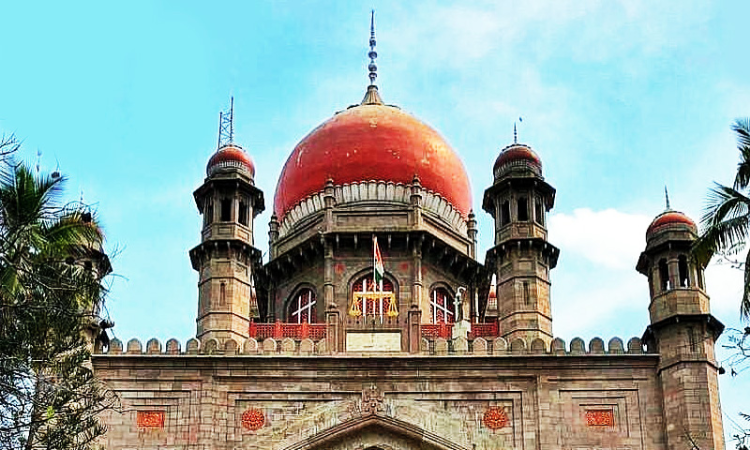The Telangana High Court has held that Police cannot visit the residence of a 'Rowdy Sheeter' during late night hours as it amounts to intruding into his privacy.Thumkunta Madhava Reddy, a rowdy sheeter, had approached the High Court alleging that the Police enters in the midnight every day ringing the door bell/knocking the door, waking him up late night, thereby disturbing his sleep....

